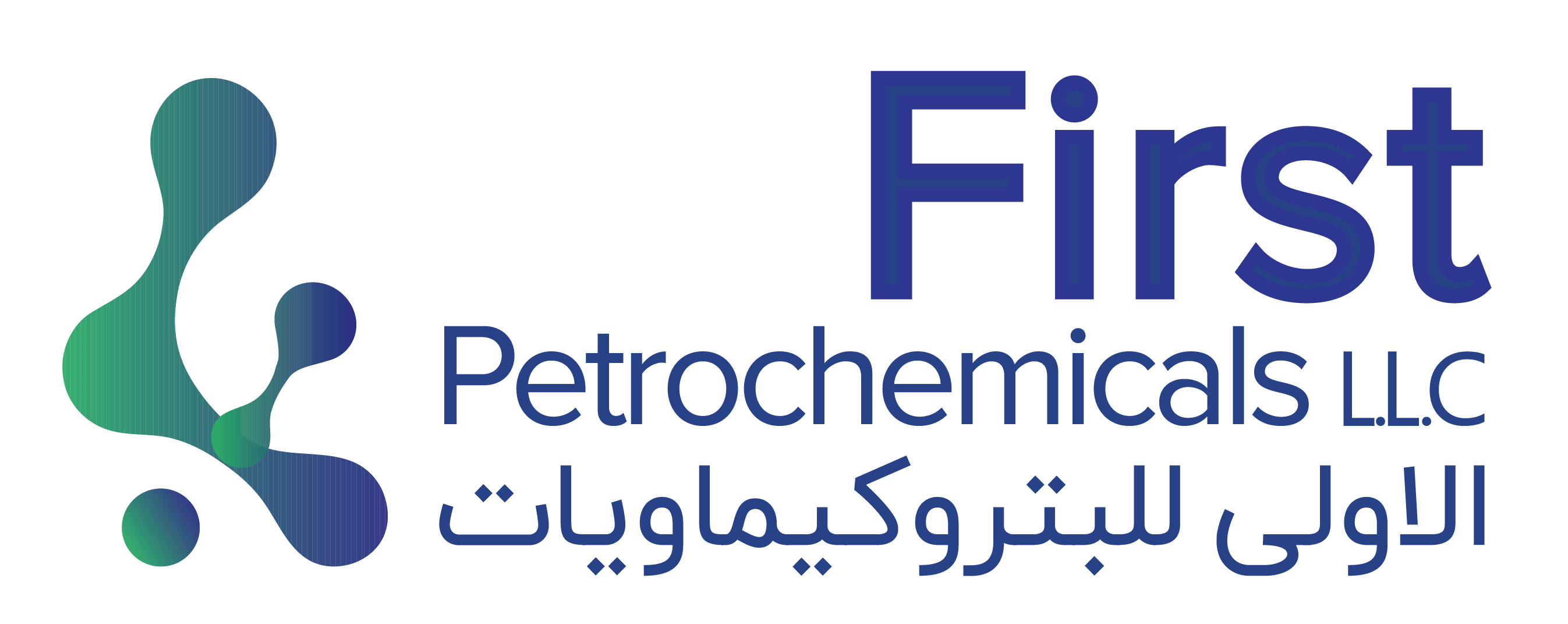We customized scale control solutions to protect production equipment from damaging mineral deposits, maintaining asset integrity, and enhancing production over the entire life cycle of the well.
In oil and gas production systems, inorganic mineral components of produced waters often become supersaturated, leading to scale deposition on the inner walls of flowlines, filters, valves, treating equipment, and tanks. Besides restricting or stopping the flow of fluids, these deposits can also reduce the heat transfer efficiency in heat exchangers and condensers, causing overheating and early tube failures.
Main reasons for scale formation:
- Environmental change during oil transport
- Mixing of incompatible brines
- Brine evaporation
The two most prevalent oilfield scales are calcium carbonate and barium sulfate. Most formation brines are saturated with respect to calcium carbonate due to the presence of an excess of the mineral in almost all reservoirs. Barium sulfate is commonly encountered when highly sulfated waters are injected into a reservoir to maintain pressure. Mixing with high barium formation waters can lead to rapid scaling due to the very low solubility of barium sulfate in water.
Unlike remedial treatment of calcium carbonate with acid, barium sulfate dissolver treatments are difficult to perform and seldom successful.
Other common scales include strontium sulfate, iron (II) carbonate and calcium sulfate. Other less common, or “exotic,” scales include calcium phosphate, sodium chloride and the sulfides of zinc, iron and lead. Supersaturation of brine to any particular inorganic salt creates the potential for precipitation, and if precipitation occurs, this scale can lead to problems with the process equipment.
We have developed a wide range of specialized scale inhibitors that allow the treatment of all common scales in a range of production conditions.We have assessed the performance of these products under a series of standard conditions to give indicative performance, as well as providing indicative physical property characteristics for these materials.
With a full range of scale inhibitors to prevent various types of mineral deposition, and scale dissolvers to remove deposits which have already formed, we provide customized scale control solutions for each specific application.
By detailed water analysis including ions, pH, and dissolved gases, we develop the specific scale control chemical inhibitor that best fits your production needs.
Since different chemistries are effective against different types of scales, we have conducted extensive laboratory testing to determine compatibility with produced fluids and effectiveness of scale inhibition. Treatment delivery is optimized for the application method, such as batch or continues treatment. As a result, our customized scale control solutions remove deposits effectively and inhibit their formation, reducing costs associated with scale cleanup and disposal, while helping increase production and prolong the life of equipment.
Features and Benefits
- Customized solutions based on prediction of scale deposition from detailed water analysis and modeling
- Wide range of specialty scale inhibitors, laboratory tested for compatibility and effectiveness in a variety of scale production challenges
- Water- and oil-soluble options available
- Environmentally friendly chemistries to meet specific customer needs
- All application methods including batch or continuous treatment
- Customized scale control that best fits specific production needs is most cost-effective solution
- Extends life of well and equipment by minimizing deposits that cause excessive wear
- Maintains flow capacity of flowlines associated with surface equipment for more efficient operations
- Reduces operational and capital expenses associated with scale related issues
- Contributes to maximum hydrocarbon production over the entire life cycle of the well and equipments


